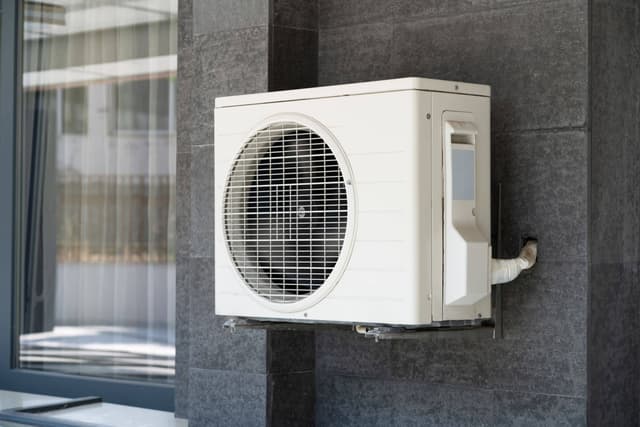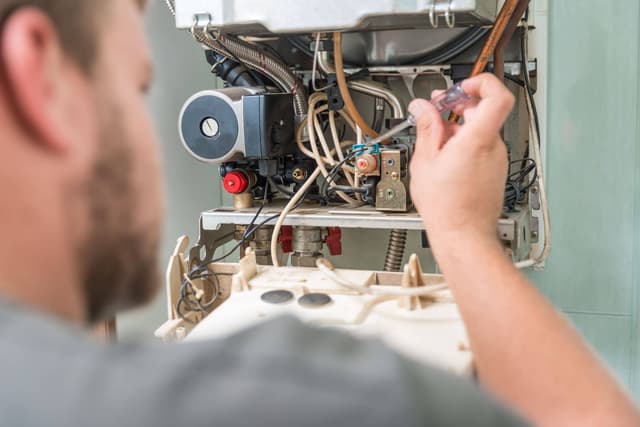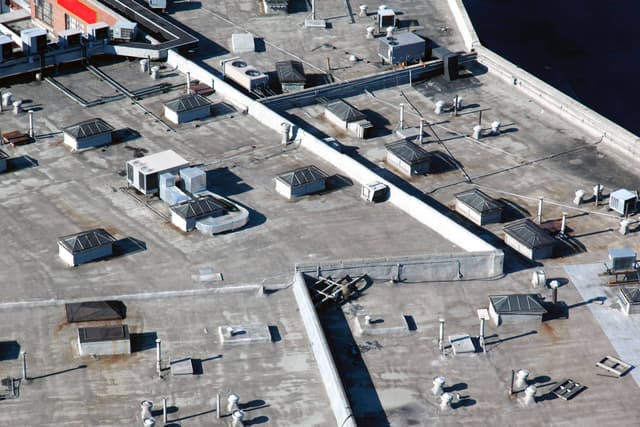Furnaces (Repair, Retrofits, and Replacement Services): Expert Solutions for Home Heating
Understanding furnace fundamentals
Furnaces are the heart of many home heating systems. They heat air and distribute it throughout a building to maintain a comfortable temperature.
There are two main types of furnaces: gas and electric. Gas furnaces burn natural gas or propane to generate heat, while electric furnaces use electric resistance heating elements.
The Annual Fuel Utilization Efficiency (AFUE) rating of a furnace measures its efficiency. Higher AFUE ratings indicate greater energy efficiency and lower operating costs.
A furnace's key components include:
-
Burners
-
Heat exchanger
-
Blower
-
A flue or ventilation system
-
Thermostat
Regular maintenance is crucial for optimal furnace performance. This includes changing filters, cleaning components, and inspecting for wear and tear.
Modern furnaces often incorporate advanced features like variable-speed blowers and multi-stage heating for improved comfort and efficiency.
When selecting a furnace, we consider factors such as fuel availability, climate, home size, and budget. Proper sizing is critical to ensuring efficient heating and avoiding unnecessary wear on the system.
We recommend professional installation to ensure safety and optimal performance. Certified HVAC technicians can properly size and install the furnace according to local codes and manufacturer specifications.





















































































